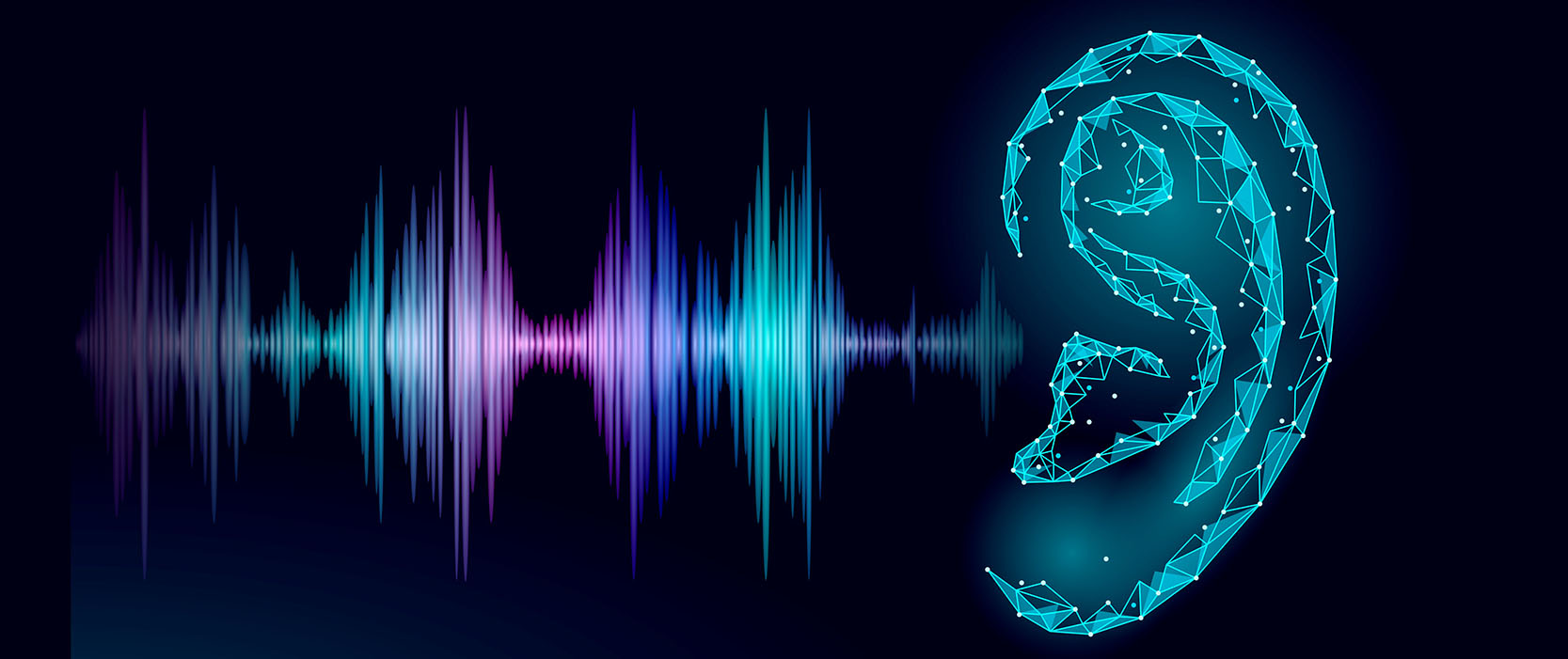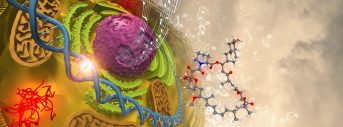
OUR COMPANY
Founder’s Message
It is a great pleasure to announce the founding of a new company with a mission of providing treatment for intractable diseases, for which we have long prepared.
My long-standing dedication has been directed toward solving problems associated with hearing and hearing-related communication as a scientist in the academic arena. I have delivered to the wider society with confidence a vast amount of results of academic pursuits and otorhinolaryngological approaches to symptoms.
It has to be noted, however, that treatment and prevention of hearing impairment are still left behind. Hearing loss is an enormous problem from which 500 thousand people and around 30 to 40 percent of the population aged 65 or older in the world suffer. Further, the number of hearing-impaired people is said to double by 2060 due to aging as well as hearing damage from wearing headphones.
The new company will approach a wide range of challenges from rare hearing disorders among children to age-related hearing loss, in pursuit of eradicating chronic sensorineural hearing loss, fully capitalizing on Keio University’s world-leading resources, comprising the iPS-based drug discovery approaches and the big data-based healthcare systems using IoT.

Kaoru Ogawa
Founder & Scientist, Otolink Inc.
Professor emeritus, Keio University School of Medicine
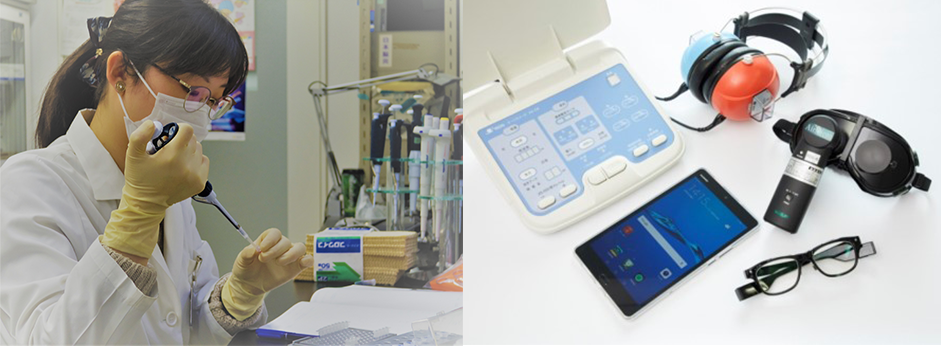
OUR APPROACH
OUR SCIENCE, TECHNOLOGY & APPROACH
Otolink Inc. is a biotech startup spun off from Keio University School of Medicine. We approach healthcare associated with hearing and sense of balance, capitalizing on Keio University’s proprietary technology using human iPS cells of the inner ear, IoT-based collection and analysis of biological information on sense of hearing and equilibrium or balance.
Primate Derived Cells in Drug Discovery Research
Many medical research projects in basic research depend on rodent models. Such studies may fail to find certain phenomena specific to primates, including humans, in the early stage of drug discovery. We have rectified this problem by incorporating research using primate derived cells, including human cells, in the fundamental part of the R&D without exception.
Development of Treatment for Hearing Loss and Dizziness using Human iPS-based Drug Discovery
Thanks to the technology of creating human iPS cells reported by Yamanaka et al in 2007, we are now able to generate human cells of any body part, and apply them to various purposes. Keio University School of Medicine started human iPS cell research in 2013 as the only private university in Japan having an iPS research center, which has established a method to efficiently induce inner-ear stem cells of high purity in large volume from iPS cells (Japanese Patent No. 6218152). Using this method, we have been conducting investigator-initiated clinical trials to identify drugs for treating rare intractable cochlear disorders–trial of low dose sirolimus for Pendred syndrome/ DFNB4.
Virtual Clinical Trial and IoT-based Healthcare
Our hearing gradually deteriorates as we age, fluctuating slightly depending on our health conditions. It also vary greatly among individuals. To respond to these characteristics, we have constructed a system to record an accurate measurement of hearing, in which patients are provided with devices to measure hearing ability on a daily basis. This has been applied first to virtual clinical trials. Otolink will utilize this Keio-derived technology to provide solutions for data collection, management and analysis in clinical research and trials associated with hearing and sense of equilibrium, broaden the applications of these to healthcare disciplines, and explore into preventive medicine. Clinical analysis using hearing big data of individual patients gathered from daily measurement at their home is one of our strengths which we consider to be world class.
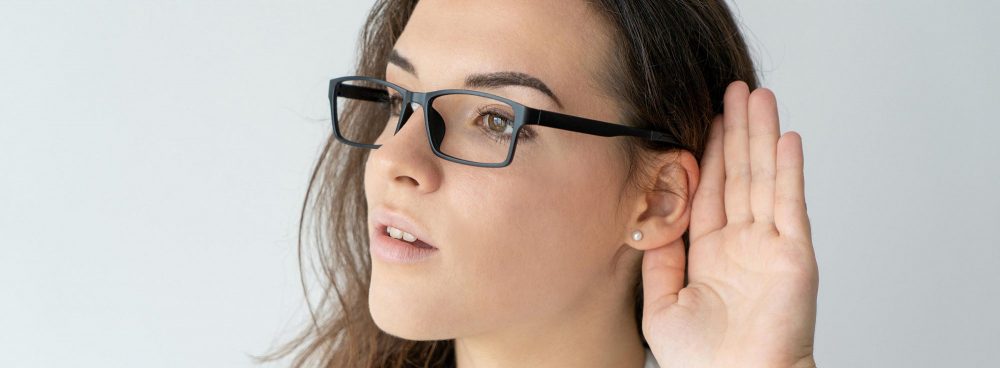
HEARING LOSS
Approaches to Hearing Loss —a Disorder Increasing in the Modern Society
Hearing loss is considered to be one of the most common causes of inconveniences in people’s daily lives around the world. The number of people suffering from hearing loss that is above the moderate level is estimated to be 6 million in Japan and 500 million in the world, which is equivalent to 30 to 40 per cent of the population of 65 or older. The population with hearing loss at the mild level is even larger, which is estimated to be 3 billion globally. Hearing loss is known to be a factor that deteriorates quality of life and a risk factor for depression and dementia. Its socio-economic loss is estimated to be 750 billion US dollars or 75 trillion Japanese yens.
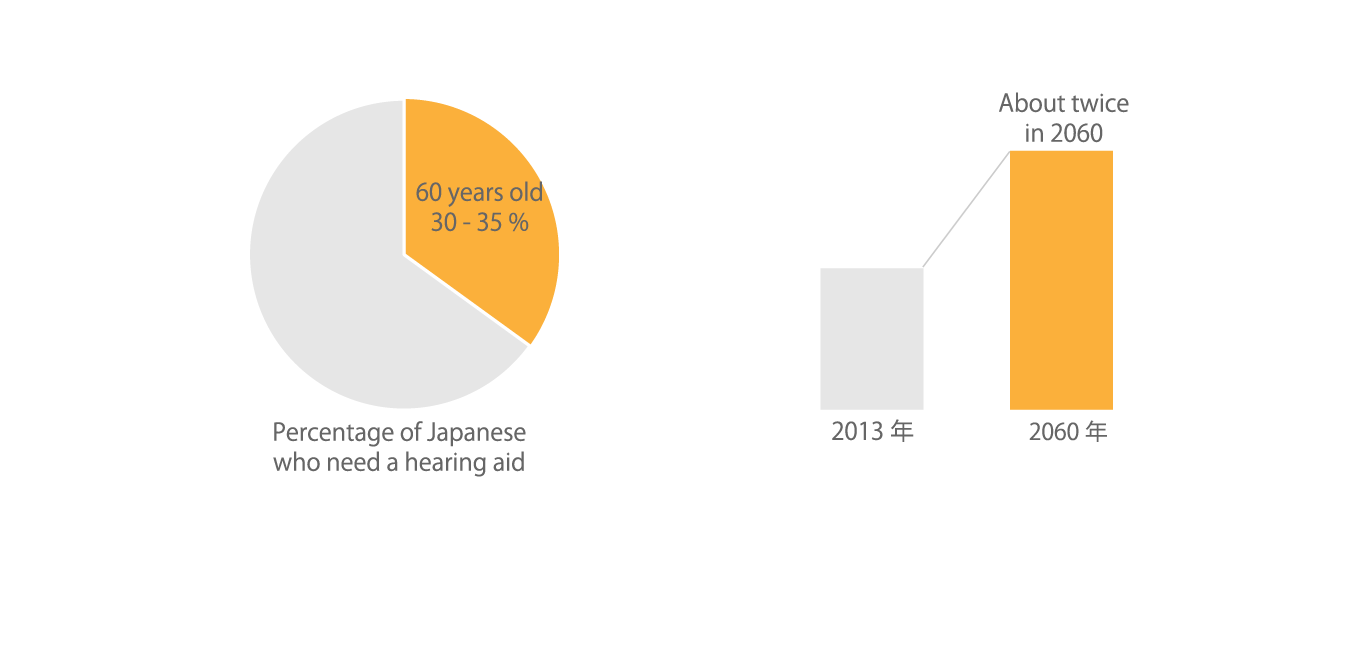 In recent years, hearing loss resulting from use of smartphones and other modern devices is gaining attention. According to recent research, excessive exposure to noise in one’s youth increases a risk of accelerated deterioration of hearing after becoming an adult. The population with hearing loss is projected to double by 2060. WHO has thus established “World Hearing Day” to raise awareness of deafness prevention. As Japan experiences a hyper-aging society, the population with hearing loss is estimated to reach 10 million by 2025 when the baby boomers reach age 75 or older. This is equivalent to the total population of diabetic patients.
In recent years, hearing loss resulting from use of smartphones and other modern devices is gaining attention. According to recent research, excessive exposure to noise in one’s youth increases a risk of accelerated deterioration of hearing after becoming an adult. The population with hearing loss is projected to double by 2060. WHO has thus established “World Hearing Day” to raise awareness of deafness prevention. As Japan experiences a hyper-aging society, the population with hearing loss is estimated to reach 10 million by 2025 when the baby boomers reach age 75 or older. This is equivalent to the total population of diabetic patients.
Despite such gravity of medical and social impact of hearing loss, its causal treatment remains scarce. With regard to chronic sensorineural hearing loss, in particular, no publication on new treatment has been made for long. As of today, the only way to address hearing loss is use of devices such as hearing aid when the symptoms have been aggravated. While a number of startup companies around the world are competing to develop modern treatments for hearing loss, the focus is disproportionately on gene therapy and regenerative medicine, and thus there is little prospects as yet for development of adequate treatment for age-related and other types of hearing loss.

